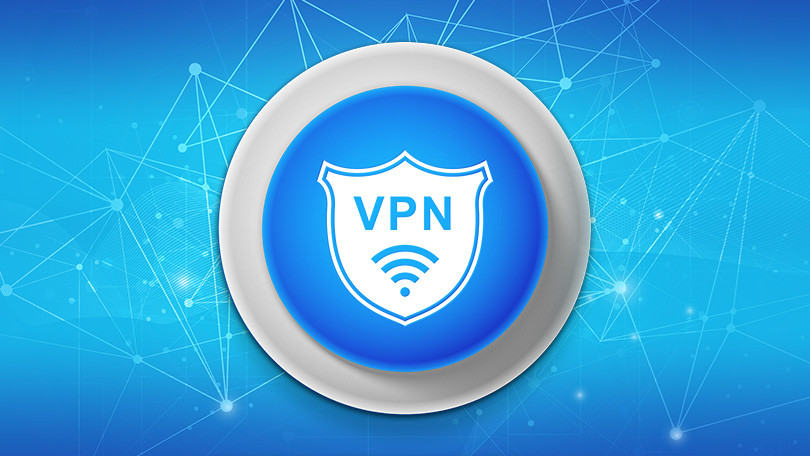Hello!
 A VPN, also known as a Virtual Private Network, enables one to establish a highly secure connection to another private network over the Internet.
A VPN, also known as a Virtual Private Network, enables one to establish a highly secure connection to another private network over the Internet.
VPNs continue to be relevant for both corporate and personal use, as technology changes and evolves to allow VPNs to perform at their highest capabilities
VPNs, like most technology relating to privacy and cybersecurity, continue to evolve to combat modern challenges.
While the purpose of VPNs has stayed the same, consider how these networks have evolved over the years to keep connections safe and secure.
It’s been a long journey for VPNs, so let’s explore how these networks have changed and been innovated over time:
Then: Enterprise Grade VPN in the 2000s
VPNs are designed to establish secure connections to a private network and, for many, this private network is their place of work.
VPNs were introduced by a Microsoft employee in 1996 as PPTP or Point to Point Tunneling Protocol but started being used in practice by enterprises in the early 2000s. At that time, VPN was almost exclusively used by businesses.
 VPN was mostly used on company furnished laptops at that time, as opposed to when it is used for many other types of devices, such as tablets, smartphones, and even Smart TVs via the router.
VPN was mostly used on company furnished laptops at that time, as opposed to when it is used for many other types of devices, such as tablets, smartphones, and even Smart TVs via the router.
This decade, the use for VPN continues to grow significantly as cyber-connected technologies become much more synonymous with almost every facet of our lives.
Nowadays, you can get a VPN catered to specific devices whether you are looking for a VPN for PC or VPN for MAC. Some VPN providers today even offer VPN to run at the home router level offering an additional layer of privacy and security.
Many organizations employ a VPN solution to create a secure private encrypted channel between employees and other interfaces such as partners and possibly even customers.
The V in VPN for Enterprise
The word virtual or letter V within the yet acronym VPN means that, even if an employee is working from home using their internet connection from a local ISP, they will connect to internal company resources.
 They will have an internal native company IP address as if they were physically at the office, when in fact they are at home.
They will have an internal native company IP address as if they were physically at the office, when in fact they are at home.
Since they are not physically at the office, physically connecting to company assets and infrastructure except maybe a laptop and a smartphone, this practice is indeed virtual in every sense of the word.
Now, VPN in 2025, Personal Usage Spurred Growth
As opposed to the first decade of the millennia, when enterprises widely used VPN technology which gained moderate popularity year over year, VPNs are now immensely popular for personal use, and this phenomenon is on the uptrend with ongoing massive growth predicted.
More and more users are finding more and more reasons to justify purchasing a monthly or even yearly subscription from top VPN services.
Also read:
- Top 9 Gig Economy Strategies to Boost Your Income in 2025
- SEO For Hospitals
- Quasa Documents. Blockchain for business, not for programmers
Understand the Recent Personal VPN Usage Surge
 There are many reasons for the recent surge in personal VPN usage, which includes:
There are many reasons for the recent surge in personal VPN usage, which includes:
- It takes internet PRIVACY to the next level regularly across all devices/cyber journeys.
- It takes SECURITY to the next level regularly across all devices/cyber journeys.
- Personal PHYSICAL SECURITY is enhanced as IoT devices powering the new generation of smart homes will not link to one’s physical address.
- No content geographic restrictions with many popular streaming music services such as Soundcloud.
- One can access local content and popular websites while traveling as if they never left home.
- One can access shows and movies potentially in other languages that are only available in those countries by connecting via VPN with an IP address in the given country.
- Quickly search on Google from the perspective of over 100 countries just by changing locations on the VPN service with no need to modify your default Google settings.
As more innovative online services and content types in many spheres such as gaming, e-sports, and more entertainment platforms are offered, the purchase of VPN will grow in tandem.
Thank you!
Join us on social networks!
See you!






